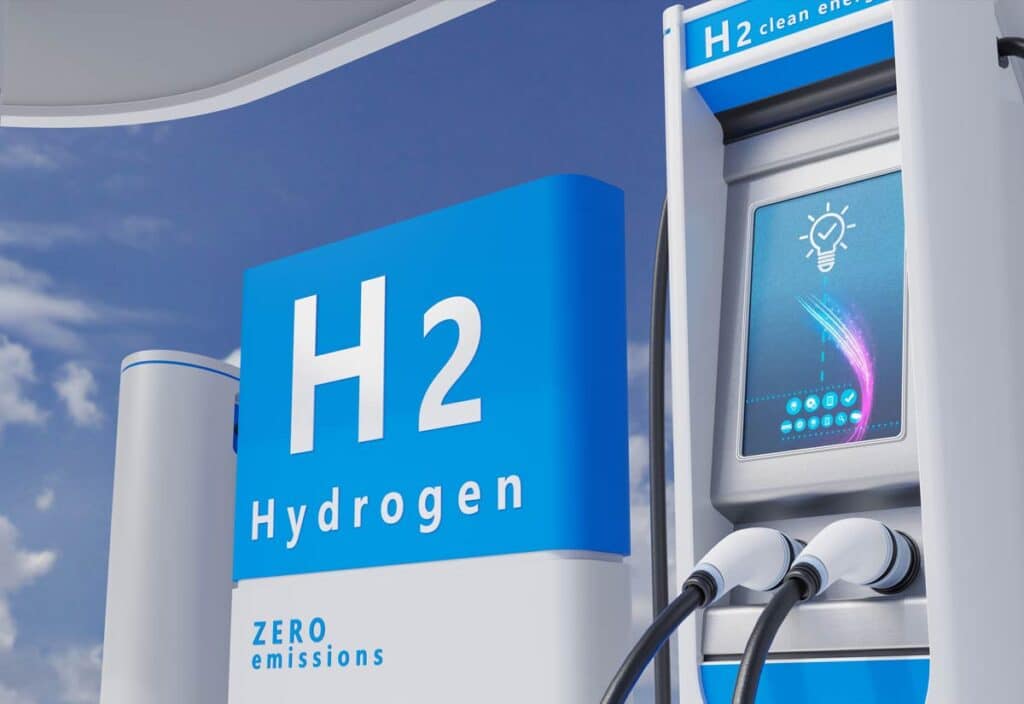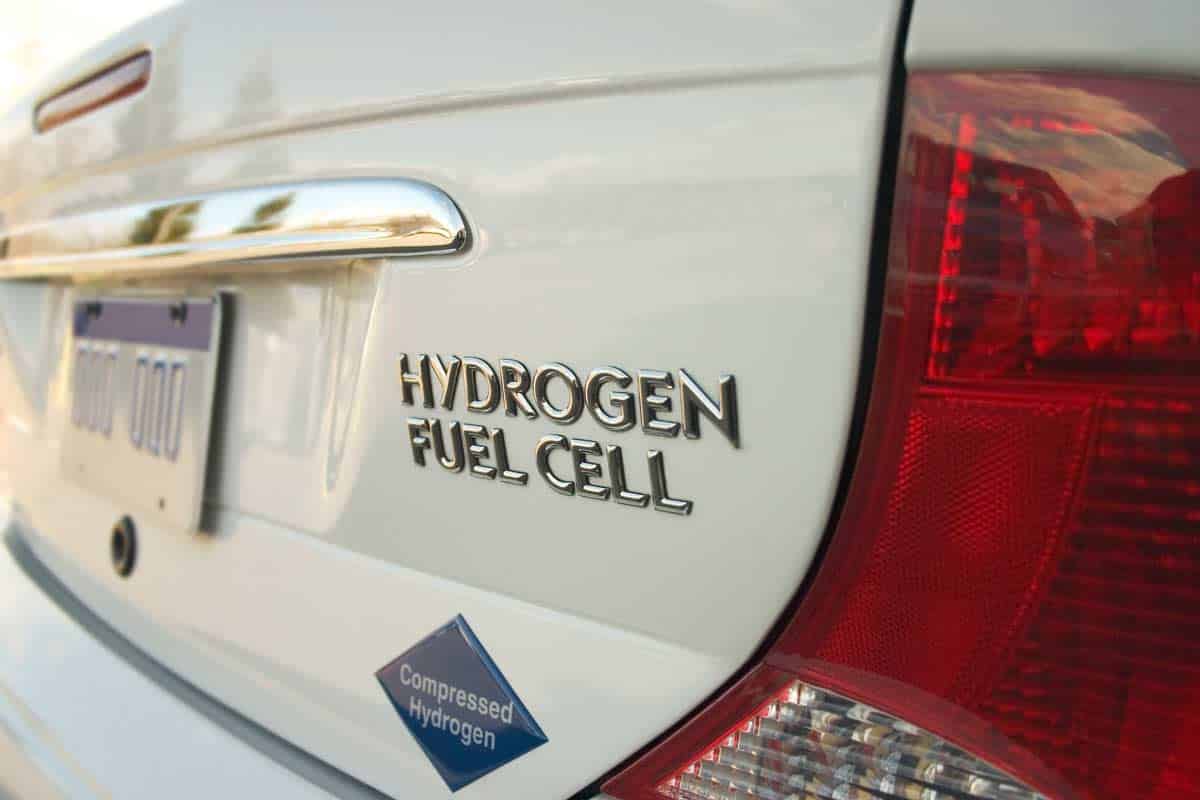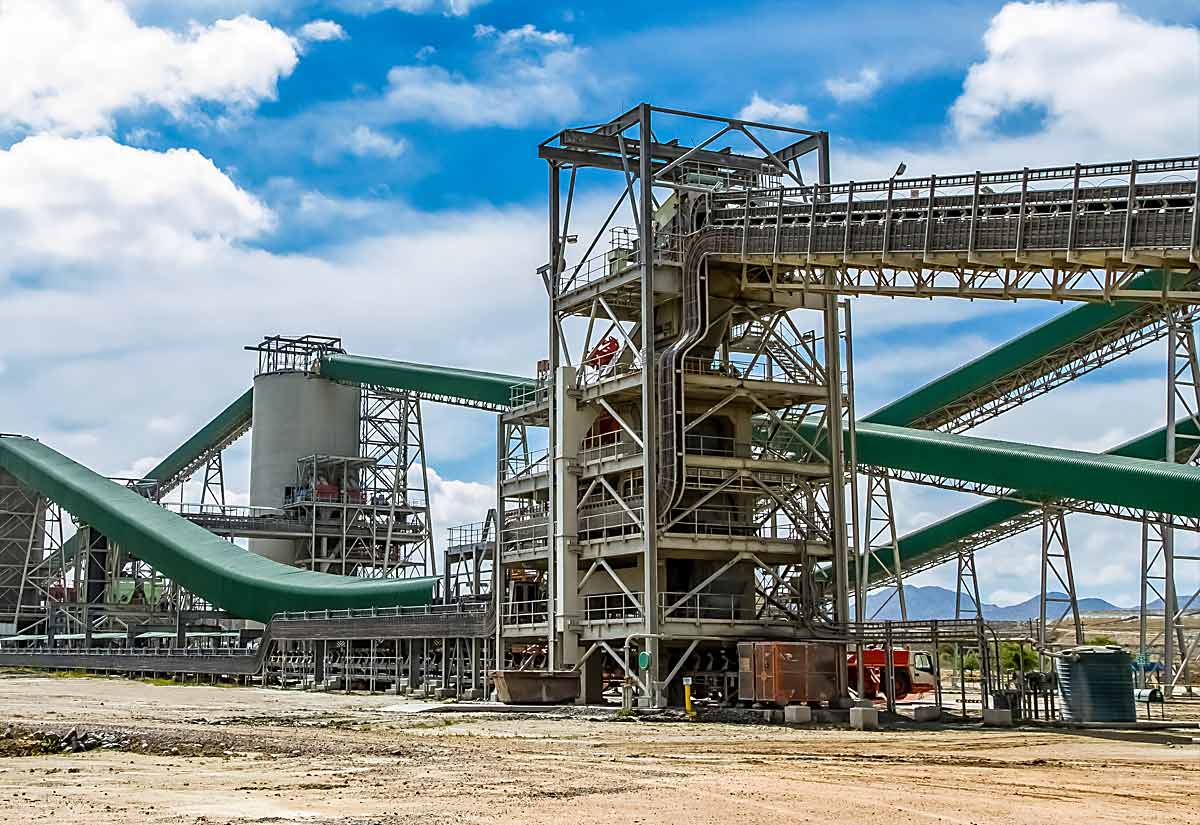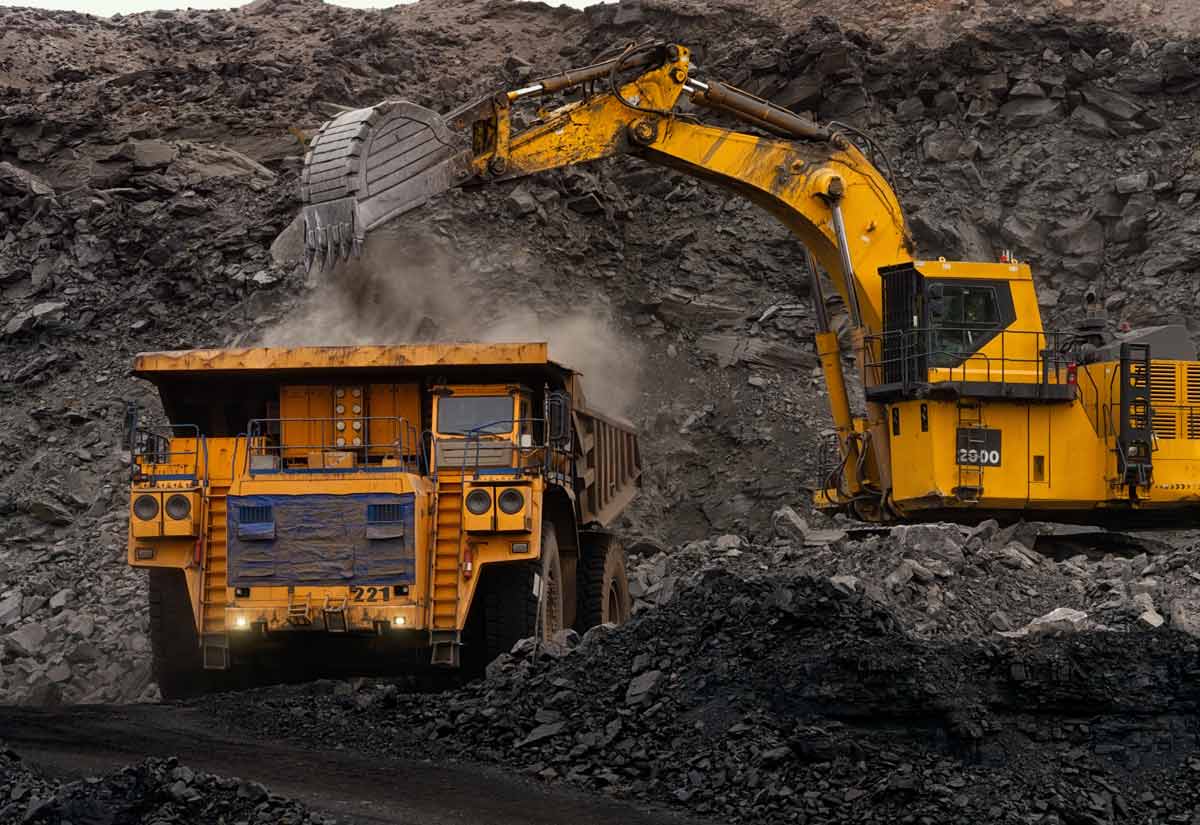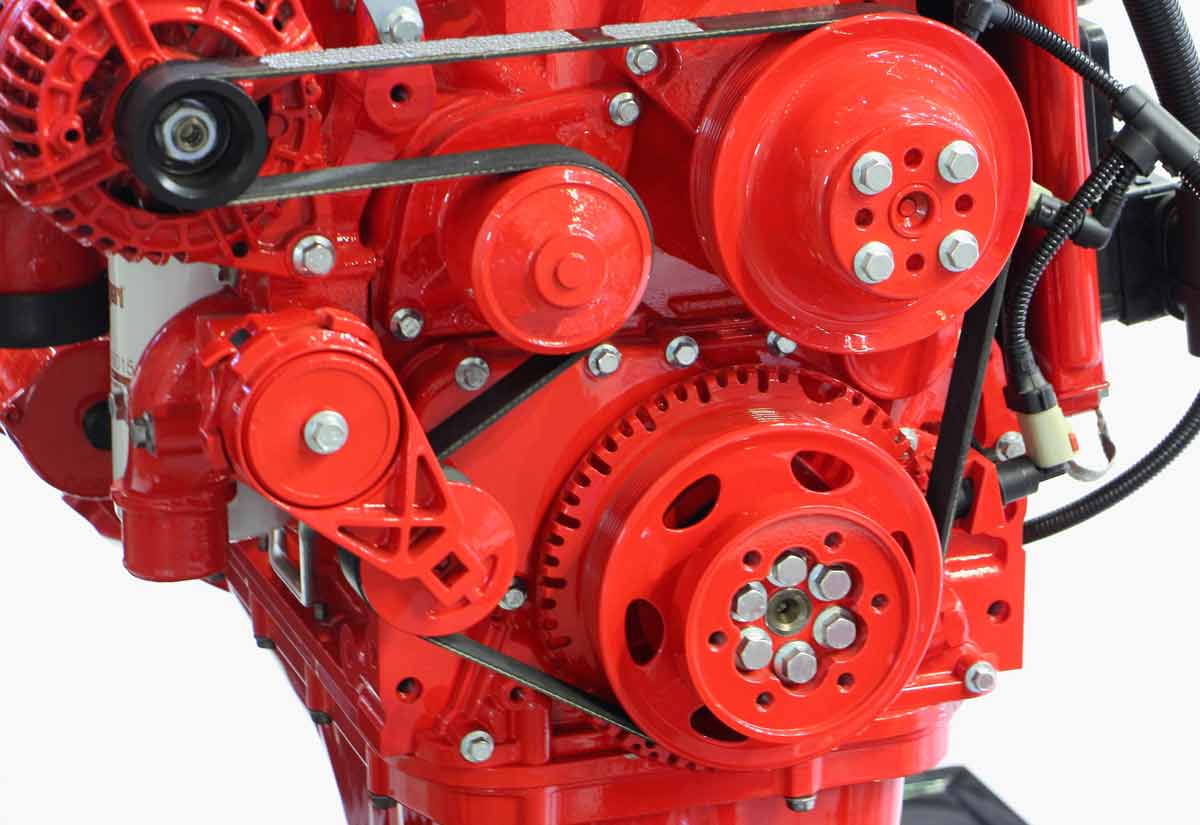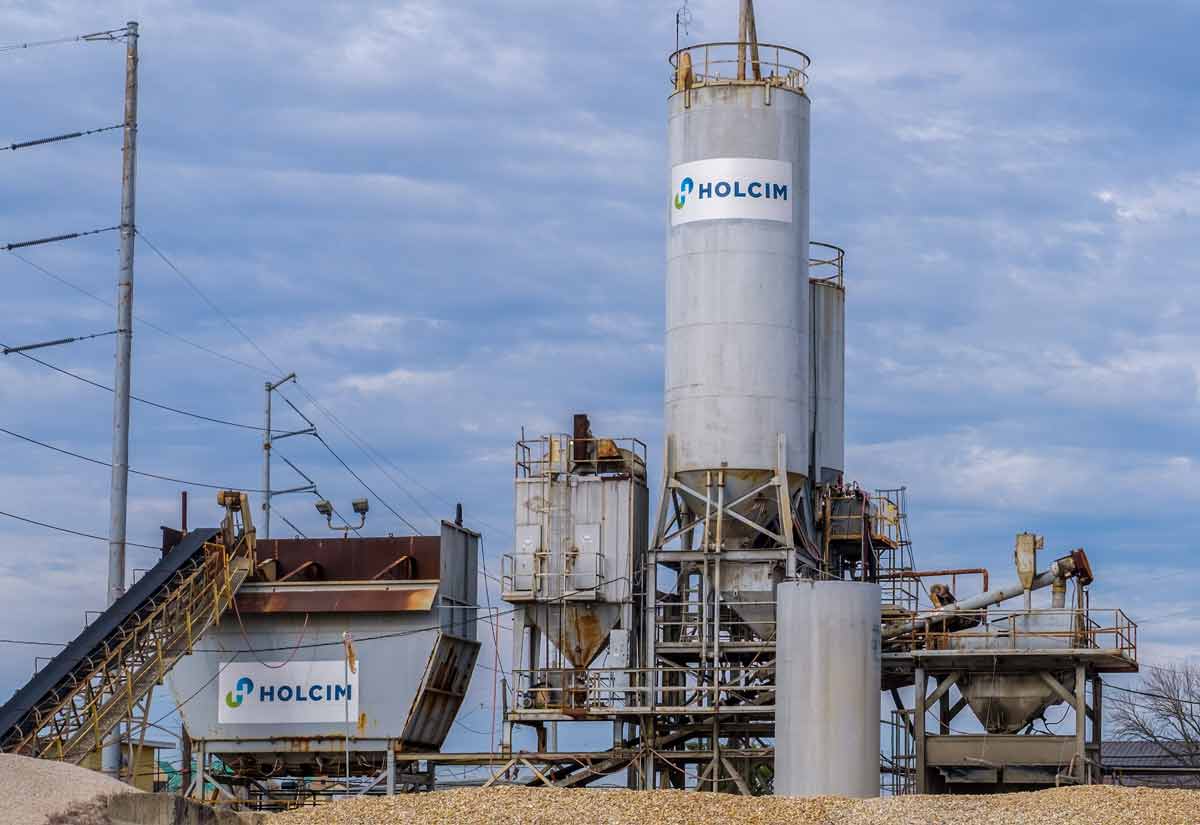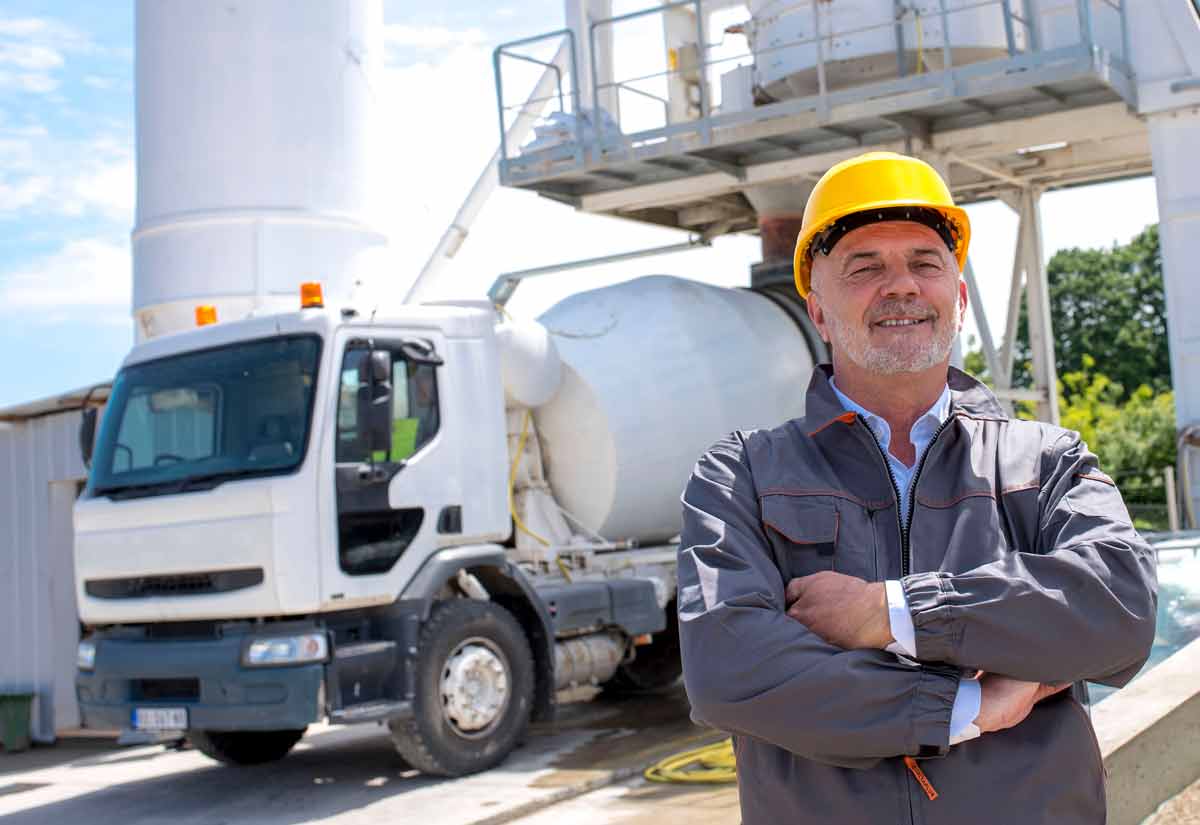Tesla’s Elon Musk is running up against some stiff potential competition in the battery vs. hydrogen fuel cell battle. Australian mining magnate and billionaire Andrew Forrest is taking on Tesla Inc. and CEO Elon Musk in his quest to promote “greener than batteries” hydrogen fuel cells as the next game-changer in the clean-energy scramble, thus reviving a decades-old debate about the future of electric vehicles.
If Elon has his way, battery-dependent “pure electric” power would be used for every mode of transportation except rockets. But one mining company in Australia, the world’s 4th largest producer of iron ore, intends to take clean energy tech to a place where precious metals and their limited availability aren’t a factor in an all-electric world.
Musk brought on the heat from Fortescue Metal Group Limited’s CEO when he remarked in a speech to an audience in China that “ hydrogen cars are “mind-bogglingly stupid” according to a March 25, 2021 report at mining.com. Fortescue and Musk both used speaking opportunities in China to stake out future market share in the world’s largest EV market.
China intends to have over a million hydrogen fuel-cell vehicles on the road by 2030. Japan and South Korea also plan to increase their use, so the heat is on in the Asian green tech vehicle sector, not to mention the political push to green power around the rest of the globe.
Fortescue touts itself as “the safest, lowest cost, most profitable mining company” at their website. Founder Andrew Forrest pulled no punches in his criticism of Musk when he told Credit Suisse Group AG’s Asian Investment Conference that:
“ Musk had every reason to fear them, and his description is perhaps better suited, in my view, to someone who peddles a battery technology as ‘green’ when it runs on fossil fuel.”
Forrest’s rebuttal came after Elon Musk made his own pitch to an audience in China. While scorning hydrogen as impractical and costly, Musk unsurprisingly stated that he was still a big believer in solar and wind. This despite the faults exposed in 2020 and earlier this year by rolling brownouts in California and a debilitating winter freeze in Texas, 2 states where premature over-reliance on solar and wind technology have had disastrous consequences.
While the general public in the US and China may buy the standard Tesla green pitch, savvy civil engineers are the first to debunk the “free lunch” myths that surround complex green machine manufacturing, as we highlighted here in a recent Resource Erectors’ post. When compared to equivalent fossil fuel vehicle manufacturing, wind turbines and solar technology can consume up to 10 times more mined resources.
The Case For Hydrogen to Replace Gasoline, Fossil Fuels, and Battery-powered EVs
Elon Musk has good reason for concern when it comes to EV market share over the coming decades, considering his esteemed corporate competition from down under. Fortescue Metals Group is already the world’s 4th largest iron ore producer. Now Andrew Forrest, the company founder, is pivoting his industry-leading organization to take advantage of the green tech rush that is causing a paradigm shift in the MMM industry, (minerals, metals, mining) by converting Fortescue into the world’s premier clean energy producer.
The standard global green energy benchmark is 2030, when China alone plans to have a million hydrogen powered vehicles on the road. But CEO Forrest is looking to the long term, even beyond 2030 when finite resources such as the rare earth elements for manufacturing cumbersome batteries skyrocket in price as demand exceeds supply. Fortescue’s strategy can also eliminate the leverage that CCP China holds with it 85% near monopoly on the world’s supply chain for “mine to magnet” metals essential for EV motor manufacturing and lithium-ion battery production.
Tapping the Most Common Element in the Universe
Hydrogen, as CEO Forrest points out, “is by far the most common element of the universe” so running out of resources will never be a problem. Though at $5.60 in comparable per gallon fuel cost it will take a spike in gasoline and diesel prices before consumers are more willing to foot the bill to “save the planet”. Improved hydrogen harvesting processes as the market develops can accelerate wider adaptation on an industrial scale as well.
The Tesla CEO seems to have overlooked the fact that hydrogen cell fueled vehicles are actually EVs as well. Three Asian manufacturers already have hydrogen powered EVs on the market now for lease or purchase including the Toyota Mirai, the Honda Clarity Fuel Cell, and the Hyundai NEXO.
Hydrogen vehicles are electric cars with a fuel tank with benefits including:
- Performance and available instant torque of battery dependent electric cars.
- No precious lithium required which eliminates recycling and supply chain complications.
- Greater range than any battery dependent EV on the market today.
- Much cleaner running than fossil fuels, emitting only oxygen and water from the tailpipe.
- Short refueling times comparable to gasoline cars meaning there are no lengthy charging sessions for long range road trips.
- Hydrogen, unlike hard to process, mined REE battery metals, is the most abundant element in the universe.
Debunking the Old Hindenburg Argument Against Hydrogen Electric Vehicles
The oldest argument persistently trotted out against hydrogen probably goes back to the Hindenburg disaster and the legacy of bad PR that followed, and in fact killed the 1930s airship industry in its infancy. In the 2019 Digital Trends article “Hydrogen was the fuel of tomorrow, so what happened?”, author Adam Kaslikowski points out that those same explosive hazards have been dealt with for gasoline tanks and diesel-powered safety for decades now. Many of the infrastructure requirements for hydrogen stations share the same challenges as using gasoline, diesel, pure-grain alcohol, steam, or battery electric cars.
Every energy technology has its shortcomings, but cost to the end-using consumer is the most prohibitive in 2021, aside from the negative PR against hydrogen competition promulgated by Tesla and other “mines to magnet” battery enthusiasts. But as the pushback against fossil fuels continues with executive action such as the Biden administration’s shutdown of the Keystone pipeline, $5.60 per gallon for hydrogen power might just become a bargain.
About Resource Erectors
When you need to fill essential vacancies in heavy industries such as mining, manufacturing, civil engineering, heavy construction, concrete, aggregates, and more don’t hesitate to contact Resource Erectors. We maintain connections with the industry-leading companies in Australia and North America, recruiting the best qualified professional candidates in these highly specialized human resource sectors.
